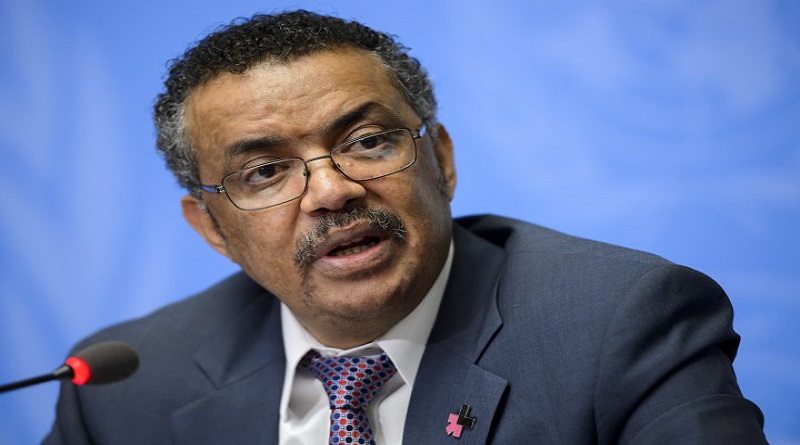WHO calls for more investment in primary health care
Primary health care is key to solving the health challenges facing countries in Asia and the Pacific, according to the World Health Organization (WHO).
WHO says that investment in primary health care is essential to provide access for the most vulnerable, build more equitable societies and help economies grow.
Many people in WHO’s Western Pacific Region cannot access the health services they need. For some, services are too far away. Others do not know when or where to seek care. Others fear stigma and discrimination.
Many people simply do not have enough money. In some countries in the Region, one in five families spends more than 10% of its income on health care. Globally, the cost of health care pushes 100 million people a year into extreme poverty.
“No one should have to decide between their mother’s medicine and their child’s education,” said Dr Takeshi Kasai, WHO Regional Director for the Western Pacific. “Health is a human right.”
In the Sustainable Development Goals, governments committed to achieving universal health coverage by 2030, which will ensure that all people have access to good quality health services without financial hardship.
Health for all
On World Health Day 2019, WHO wants leaders to invest in primary health care as the smartest first step towards universal health coverage, also known as “health for all”.
Strengthening primary health care means ensuring that all people get most basic health services as close as possible to where they live and work. The primary level should be people’s first point of contact with the health system.
Primary health care includes a range of services throughout life – from health promotion to screening for health problems, vaccines and information on disease prevention, family planning, treatment for long- and short-term conditions, rehabilitation and palliative care, as well as treatment for common ailments like colds.
Primary health care focuses on caring for people and helping them improve their health or maintain their well-being, rather than treating a single disease or condition.
Diabetes, heart disease, cancer…
The noncommunicable disease (NCD) crisis is growing. Four out of every five deaths in the Region are caused by NCDs, such as diabetes, cancer and heart disease, while more than 100 million people are living with mental illness. As people live longer and with multiple chronic conditions spanning many years, greater investment in primary health care are needed to promote health and well-being and to help manage disease.
“We need strong primary health care so we can detect, screen and treat people at the community level, as well as provide information and advice to communities to prevent and manage these diseases,” said Dr Kasai.
“We need to act now to address the health challenges of the future. NCDs will be devastating for people and governments unless we invest today in primary health care,” he said.
High out-of-pocket payments
In the Region’s middle-income countries, nearly half of the cost of health care is paid out of pocket by patients, while health services in high-income countries are funded predominantly with public money.
While government spending on health is generally increasing, funds are not always used in the most efficient way, explained Dr Kasai.
“Cost-effective services provided at the local level are key to controlling health spending,” he said. “Those basic services – such as vaccinations, screenings and routine visits – often prevent pricey hospital visits or diseases that can lead to years of costly care or premature death.”
Investing in development
Committing health spending to primary health care not only saves money, it also helps countries to develop. “Healthier people miss work less and contribute more to national prosperity. They are also able to improve prospects for their families,” said Dr Kasai.
“Robust primary health-care systems are the fairest, most affordable way to meet the health challenges we face today,” said Dr Kasai. “On this World Health Day, let’s get smart about health spending. I call on our Region’s leaders to take strong action and invest in primary health care. By doing so, we can create health for all.”




